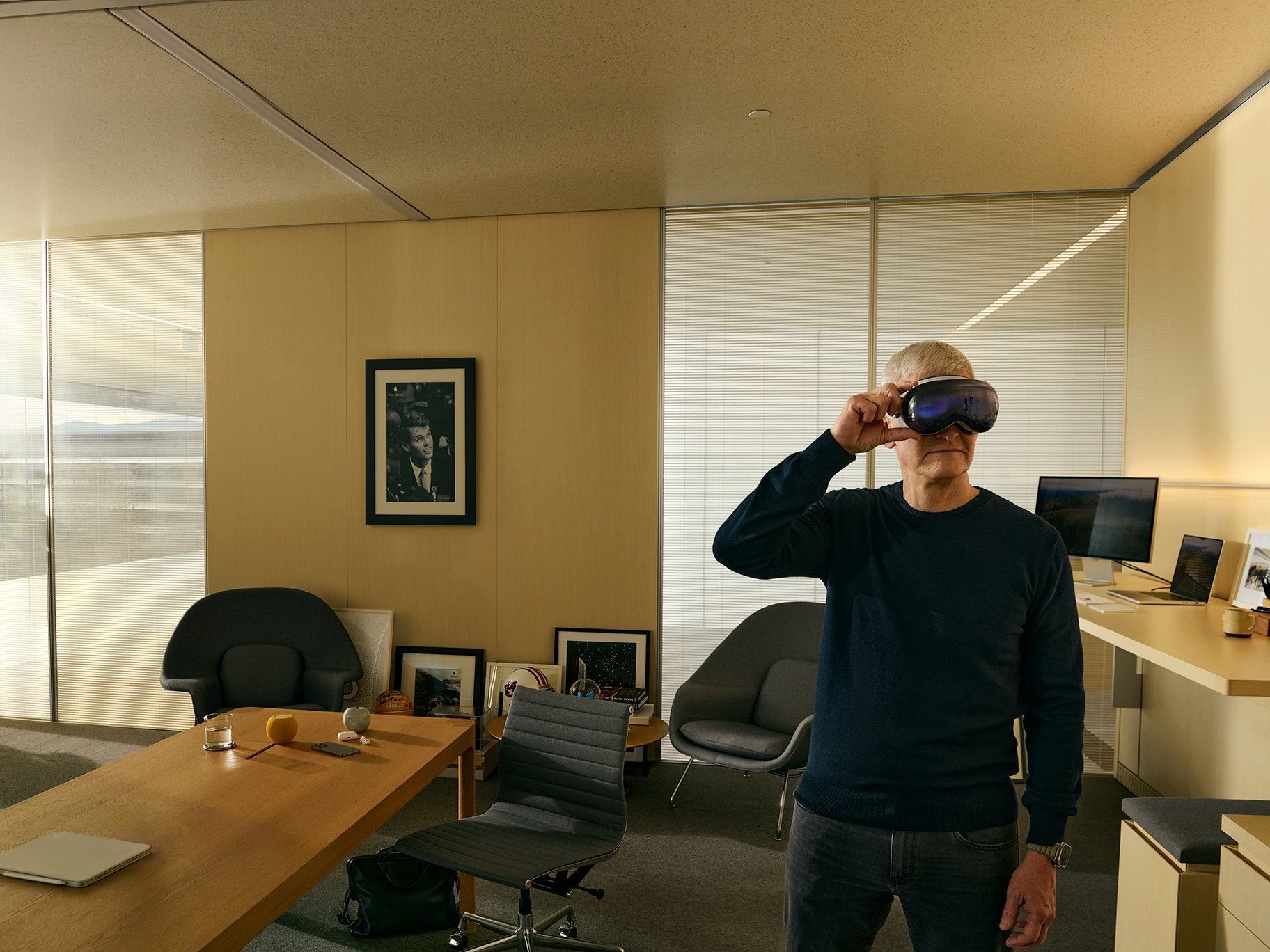In recent discussions surrounding Netflix, a concerning trend has emerged regarding the quality of its programming.
Many viewers, including those close to me, have noted a significant decline in the content offered by the streaming giant.
This downward spiral seems to coincide with the high-profile contract signed by Prince Harry and Meghan Markle.
It feels like a switch flipped, and suddenly, shows that once captivated audiences became far less appealing.
My husband, who is usually indifferent to entertainment news, even chimed in on this issue, expressing his disappointment with Netflix’s offerings.
Gone were the days when we eagerly anticipated new releases; instead, we found ourselves scrolling past countless titles that simply didn’t pique our interest.
The change was palpable, and it raised questions about what was happening behind the scenes at Netflix.
Recent reports indicate that Netflix has made significant layoffs, cutting around 150 recruitment workers and an additional 70 animators and contractors involved in promotional efforts.
These layoffs target individuals who were primarily focused on producing content that some viewers have labeled as “woke.”
This shift in staffing raises eyebrows, particularly given the timing of Harry and Meghan’s entry into the Netflix fold.
It appears that the couple’s influence may have extended beyond their initial projects, impacting the overall direction of Netflix’s programming.
Many fans and subscribers expressed frustration over the content produced under the couple’s guidance, leading to a notable drop in subscriptions.
Some viewers went as far as to publicly announce their decision to cancel their accounts, clearly indicating their dissatisfaction.
The layoffs have been attributed to a slowdown in revenue and a decline in subscribers, but could there be a deeper connection?
As the streaming landscape evolves, it seems that Netflix’s gamble on Harry and Meghan may not have paid off.
Their focus on niche content that didn’t resonate with the broader audience may have contributed to the company’s struggles.
While Netflix boasts a workforce of approximately 11,000 employees, the recent cuts represent a small fraction.
However, the impact of these layoffs is significant, particularly among those who were vocal on social media and championed social justice issues.
Their departure suggests a potential shift back toward content that appeals to a wider demographic.
Critics argue that Netflix’s strategy of aligning itself with Harry and Meghan’s vision may have alienated many of its core viewers.
The couple’s approach, which often seemed disconnected from the everyday experiences of average viewers, raised concerns about the direction in which Netflix was headed.
Could the streaming service have lost its identity in the pursuit of a more progressive narrative?
Interestingly, Harry and Meghan’s content ambitions appear to have clashed with Netflix’s traditional model.
While the couple sought to push boundaries and promote their ideals, many subscribers craved the familiar, engaging storytelling that originally drew them to the platform.
The disconnect may have led to a fundamental misalignment between the service’s offerings and viewer expectations.
As the situation unfolds, there’s speculation about the future of Harry and Meghan’s partnership with Netflix.
With their documentary on the Invictus Games soon to be released, some believe that this could mark a turning point.
If the content fails to resonate with audiences, it might prompt Netflix to reconsider its relationship with the couple altogether.
In the grand scheme of things, it’s clear that Netflix is at a crossroads.
The company must navigate the delicate balance between producing content that aligns with evolving social narratives while also catering to the diverse tastes of its subscribers.
The recent layoffs suggest a recognition of this challenge, emphasizing the need for a return to a more varied programming slate.
Ultimately, as viewers, we want to see content that reflects a broad spectrum of experiences and perspectives.
The key takeaway here is that while specialized programming can serve a purpose, it should not come at the expense of quality and diversity.
Netflix must remember its roots and the reasons why millions of people turned to its platform in the first place.










